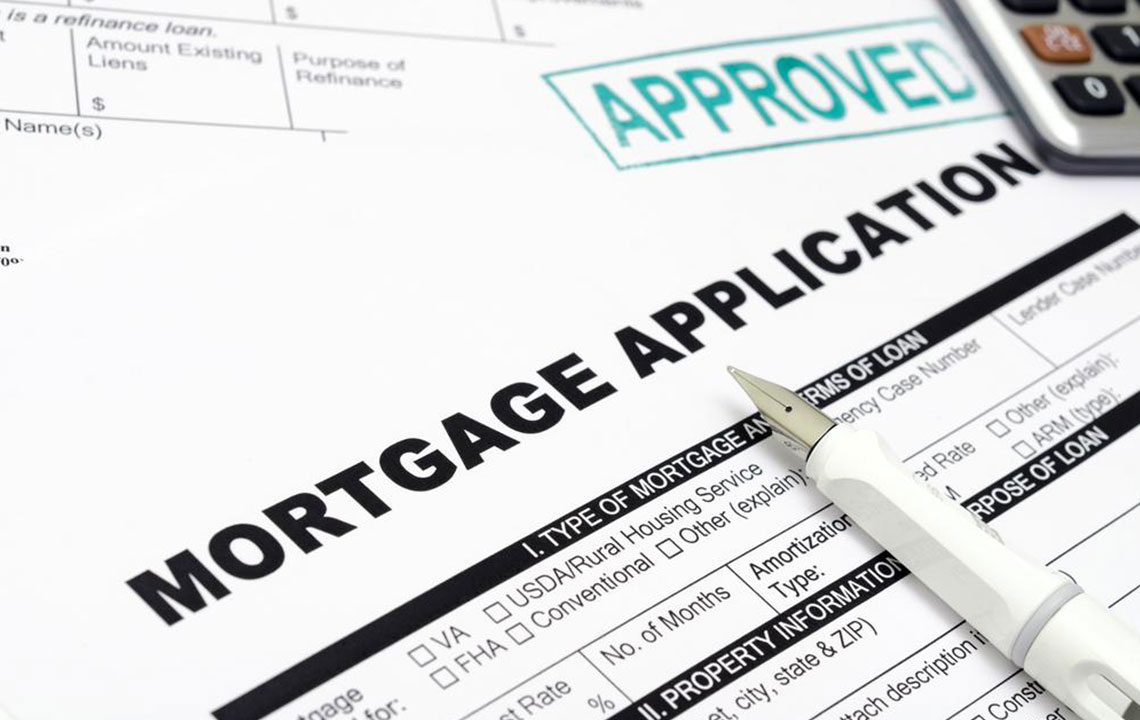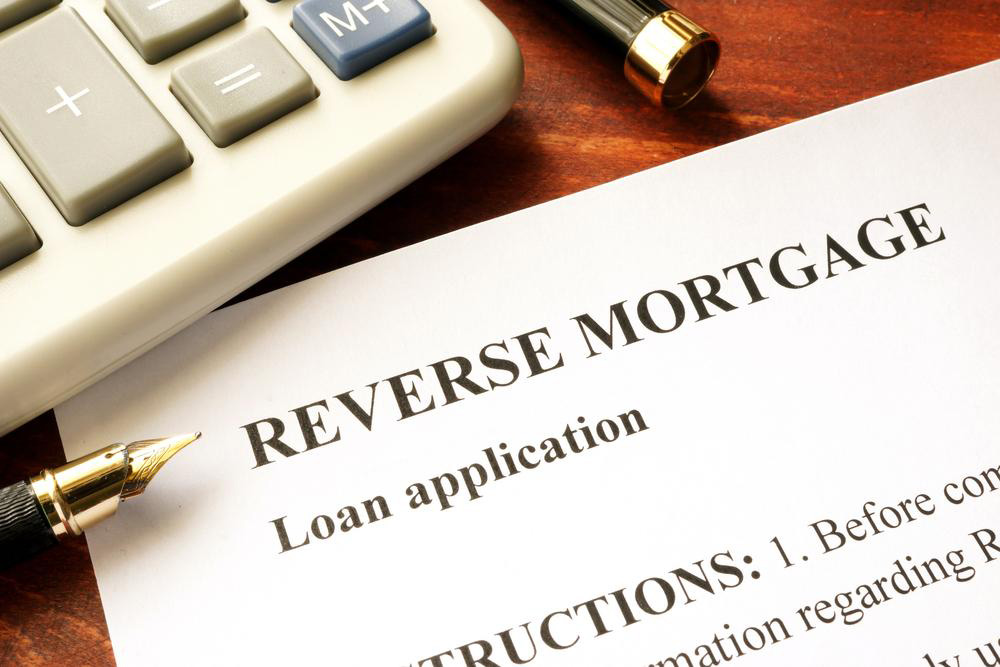Understanding Non-Documented Mortgages: What You Need to Know
Discover the essentials of non-documented mortgages, a type of home loan that omits income and asset verification. While once common, they are now rare due to high risks and legal concerns. Learn about their key features, risks, and why they are rarely used today for quick approvals, especially for self-employed individuals facing strict tax laws.

Understanding Non-Documented Mortgages: What You Need to Know
Non-documented mortgages are types of home loans that do not require the borrower’s income or asset details to be recorded by lenders. Today, these loans are rarely issued and are often considered unlawful because they bypass essential lending rules, especially the verification of the borrower’s repayment ability before approval.
Such mortgages typically come with higher interest rates and larger down payment requirements compared to traditional loans. Presently, only a few cases of non-documented mortgages are seen in the market.
Experts note that non-documented mortgages were originally created to facilitate property purchases for self-employed individuals, especially those with substantial cash reserves but limited income reporting due to strict tax laws.
Key features of non-documented mortgages
The term refers to loans offered without recording the borrower’s income or assets. In today’s lending landscape, where credit scores and financial stability are crucial, non-documented mortgages are nearly obsolete.
Related Reading: 5 Tips for Post-Mortgage Financial Planning
Below are some notable aspects of non-documented mortgages:
Simplified approval process: Known as “NINJA” loans (No Income, No Job, Assets), these loans are approved regardless of employment status, often granted swiftly after application submission.
Minimal paperwork: Applicants are not required to submit employment documents. A credit check is generally performed to assess creditworthiness. These loans carry higher interest rates and larger down payments to compensate for the increased risk.
High risk: Such loans are inherently risky because they lack comprehensive verification of the borrower’s ability to repay, making them less secure for lenders.
Are non-documented mortgages still common today? With the complexities involved in loan approval, non-documented mortgages offer an easier route, but they are now rarely seen. They appeal to borrowers who seek quick approval without income or asset proof, though they carry higher risks and costs.
Stay updated on Mortgage news, and follow us on Facebook and Twitter for insights on investments.
Note: Our blog covers diverse topics and offers valuable insights based on research. However, the information should not be seen as definitive. We are not responsible for discrepancies or outdated data and acknowledge that other schemes may offer better benefits than those discussed here.









